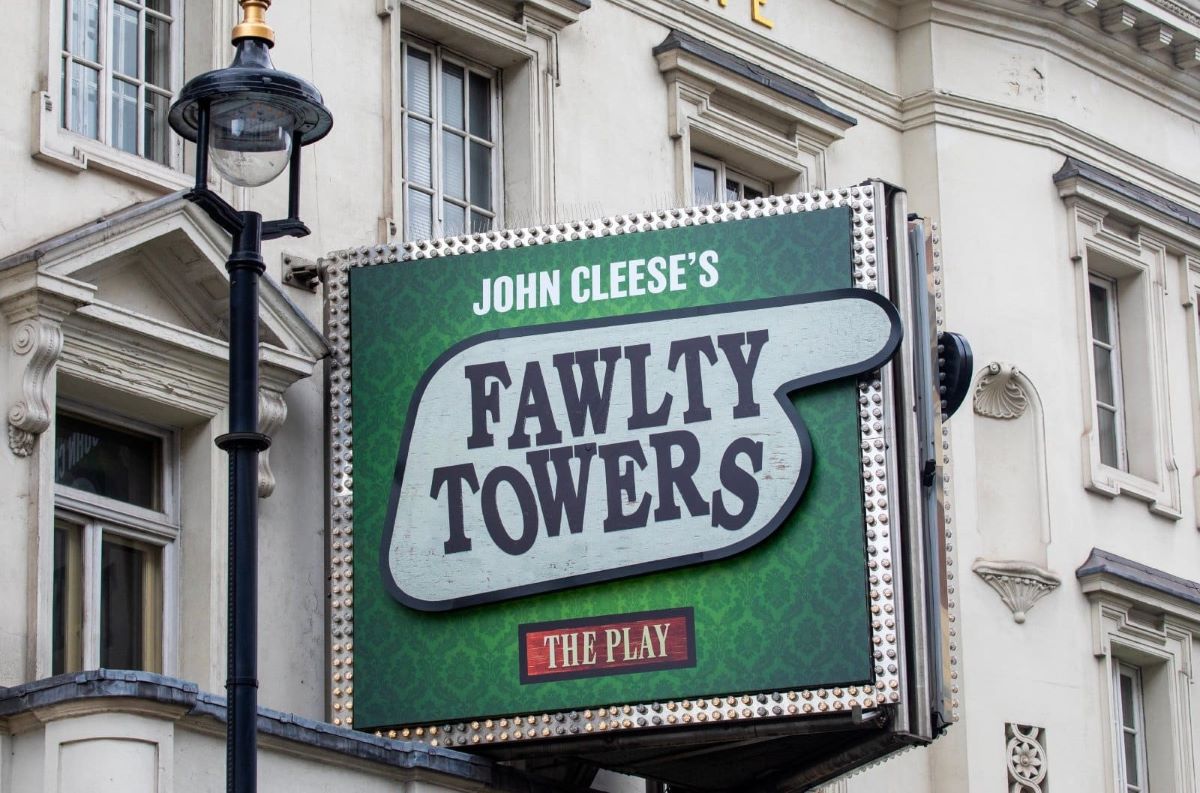Not everything that’s made in Britain makes sense to the rest of the world. Some of our favourite shows, products, and ideas have been met with blank stares and raised eyebrows when we’ve tried to send them abroad. It makes you wonder: are we the weird ones, or is everyone else missing out?
1. Have I Got News for You: Political Satire That Lost Its Edge

Britain’s sharpest political panel show, Have I Got News for You, failed to capture the imagination abroad. The biting satire and uniquely British humour just didn’t translate in countries like the U.S., where political comedy usually takes a different form. It turns out that the show’s mix of sarcasm, wit, and current affairs was too culturally specific to export successfully.
2. British Euroscepticism: Not Contagious

The UK’s scepticism towards the European Union was largely a domestic affair, and attempts to spread the sentiment across Europe didn’t take hold. While Eurosceptic movements exist in other countries, Britain’s particular anti-EU rhetoric hasn’t caught on in the same way. Brexit didn’t inspire a wave of copycats – instead, it served as a warning to others.
3. The Office (UK Version): Too Bleak for American Tastes

While The Office eventually became a huge success in the U.S., it wasn’t the original British version that captured American hearts. The dark, cringe-worthy humour of Ricky Gervais’ David Brent was a bit too bleak for American audiences, who preferred a more likeable and relatable version of the character in Steve Carell’s Michael Scott. The UK version remains a critical success but didn’t make the same splash overseas.
4. Tesco’s Fresh & Easy: A Supermarket That Wasn’t Easy to Sell
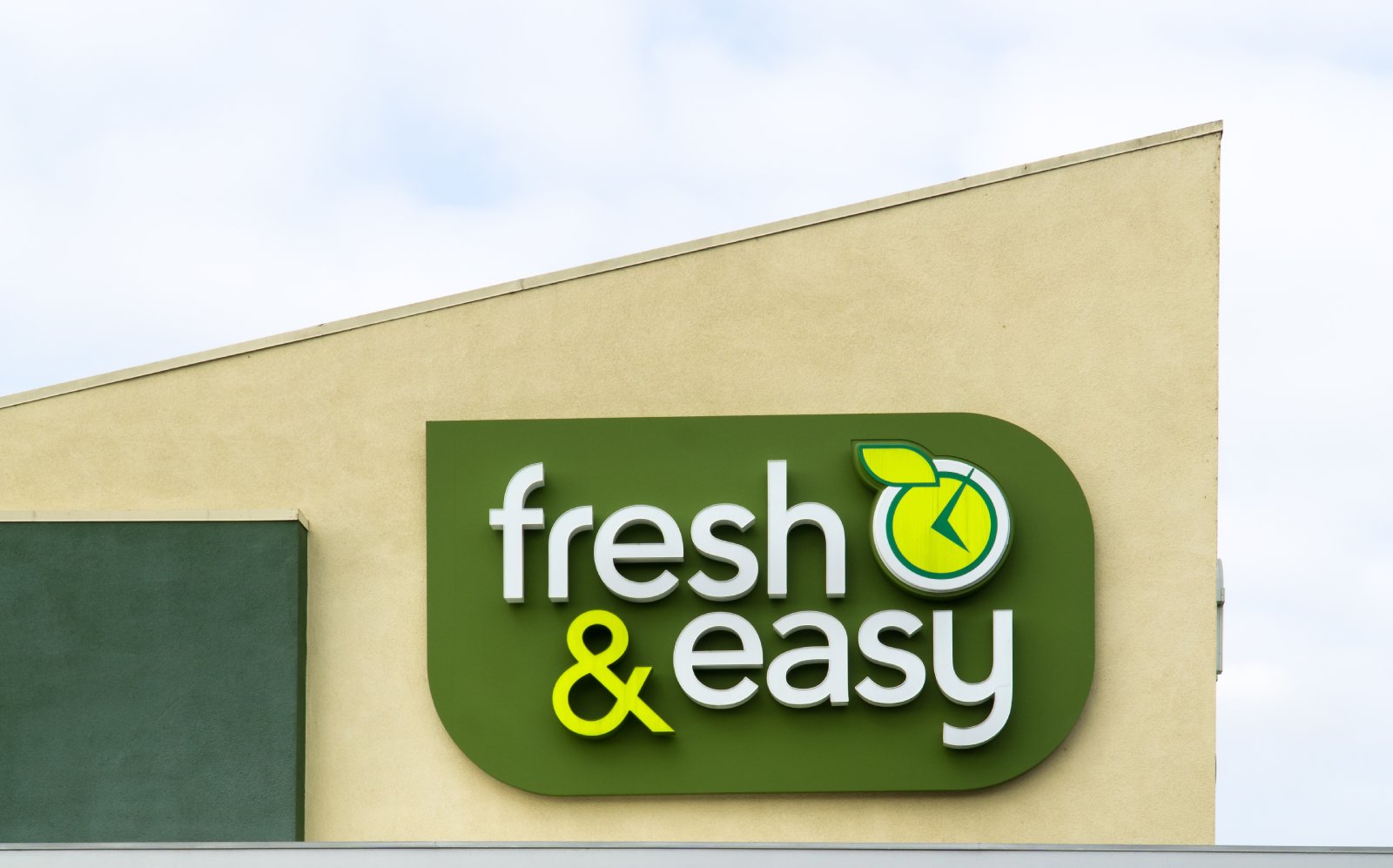
Tesco’s attempt to break into the American grocery market with its Fresh & Easy chain was anything but easy. After five years and £1 billion down the drain, the experiment was shut down. Americans didn’t warm to the concept, which tried to blend British convenience with U.S. expectations and ended up satisfying neither.
5. The Weakest Link (US Version): Anne Robinson’s Intensity Didn’t Translate

Anne Robinson’s icy demeanour and cutting remarks made The Weakest Link a hit in the UK, but the same formula didn’t work as well in the U.S. While the show enjoyed some initial popularity, Americans found Robinson’s style too harsh for prime-time TV. The U.S. version fizzled out after a few seasons, proving that what works in Britain doesn’t always work across the Atlantic.
6. British Tabloid Culture: Too Much, Even for America

British tabloids are known for their sensationalist headlines and celebrity gossip, but when we tried to export that style to the U.S., it didn’t go down well. American audiences found the British tabloid approach too intrusive and aggressive. While tabloids thrive in the UK, they couldn’t quite capture the same market overseas.
7. Top Gear USA: Missing the Chemistry
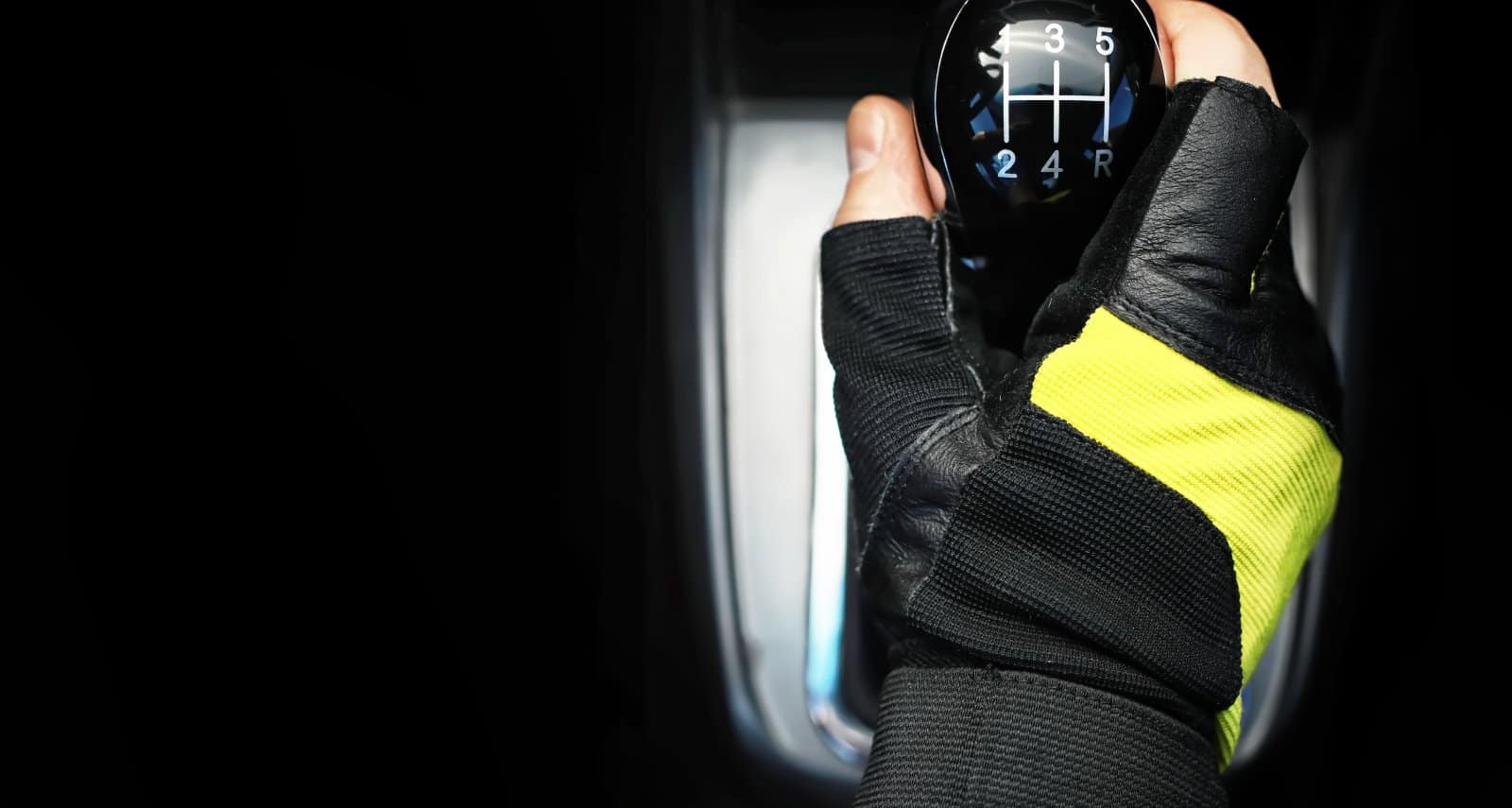
Top Gear is one of the UK’s biggest TV exports, but when the U.S. tried to create its own version, it flopped. The American presenters lacked the chemistry and irreverence that made Jeremy Clarkson, Richard Hammond, and James May so beloved. The show felt more like a soulless imitation, proving that the original was simply irreplaceable.
8. Fawlty Towers (US Remakes): Lost in Translation

Fawlty Towers is one of the most iconic British sitcoms of all time, but multiple attempts to remake it for American audiences were complete disasters. U.S. versions like Amanda’s and Payne lost all the sharp wit and slapstick brilliance that made the original so funny. Basil Fawlty’s charm just didn’t survive the trip across the pond.
9. Mars Bars: Too Sweet for American Tastebuds
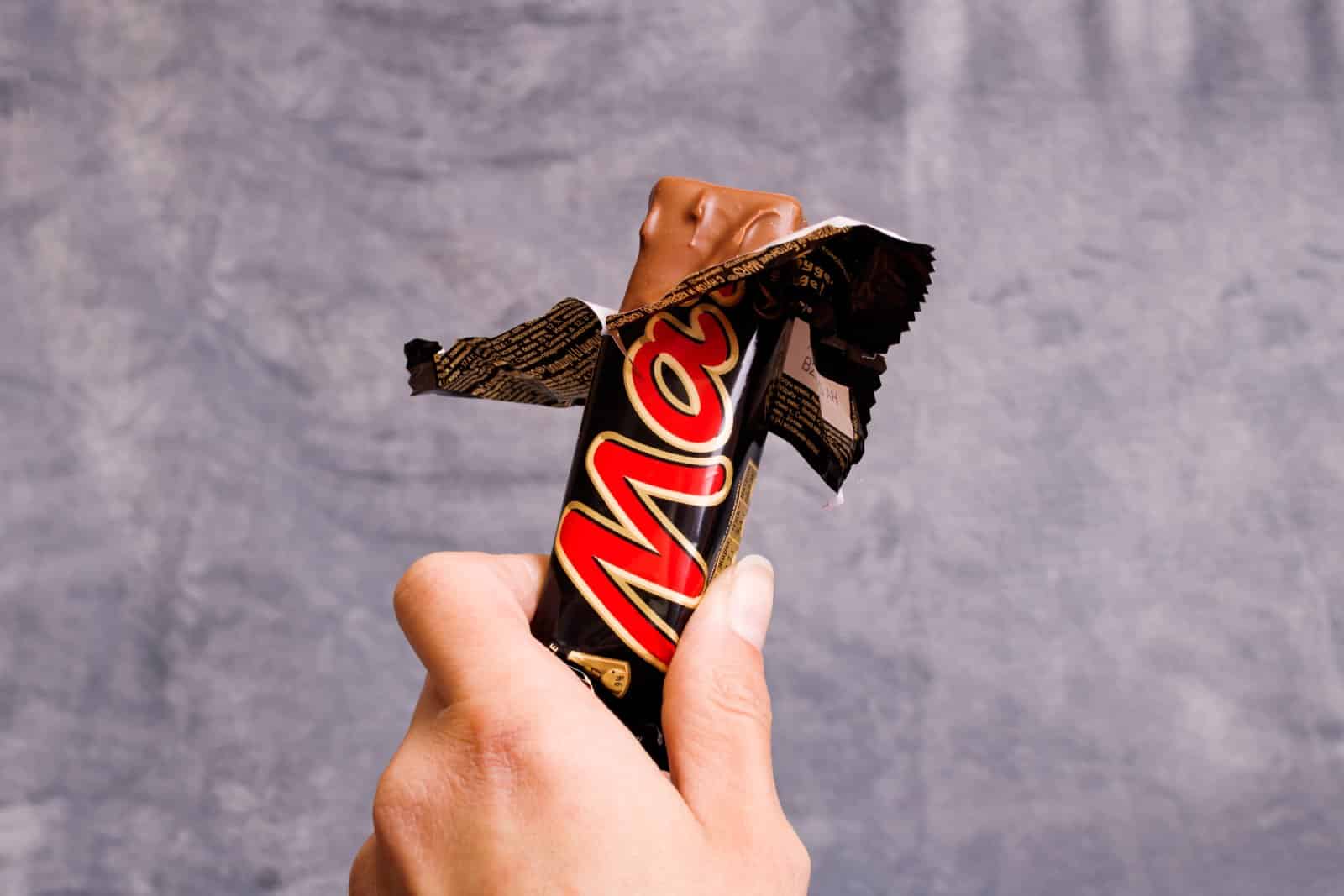
Mars Bars are a staple of British confectionery, but when Mars tried to market the same bar in the U.S., it didn’t go down as well. The American version had to be reformulated as the Milky Way, which still tastes different from the UK’s Mars Bar. Even the sweetness levels didn’t quite match up with what Americans expect from their candy.
10. Ben Sherman: Buttoned Up but Unwanted

Ben Sherman shirts are synonymous with British style, particularly for their mod-inspired designs. But when the brand tried to conquer the U.S. market, it struggled to find the same following. American consumers just didn’t buy into the sharp-collared look in the same way Brits did, leaving Ben Sherman as a niche brand abroad.
11. Piers Morgan: Tabloid Sensation, Talk Show Failure

Piers Morgan may have made a name for himself in Britain’s tabloid culture, but his attempt to conquer American television was a trainwreck. His stint as Larry King’s replacement on CNN was short-lived, as his brash style didn’t resonate with American audiences. After plummeting ratings and public backlash, Morgan’s show was cancelled, proving that his brand of controversy didn’t travel well.
12. The Union Jack: Flag Fashion That Didn’t Fly
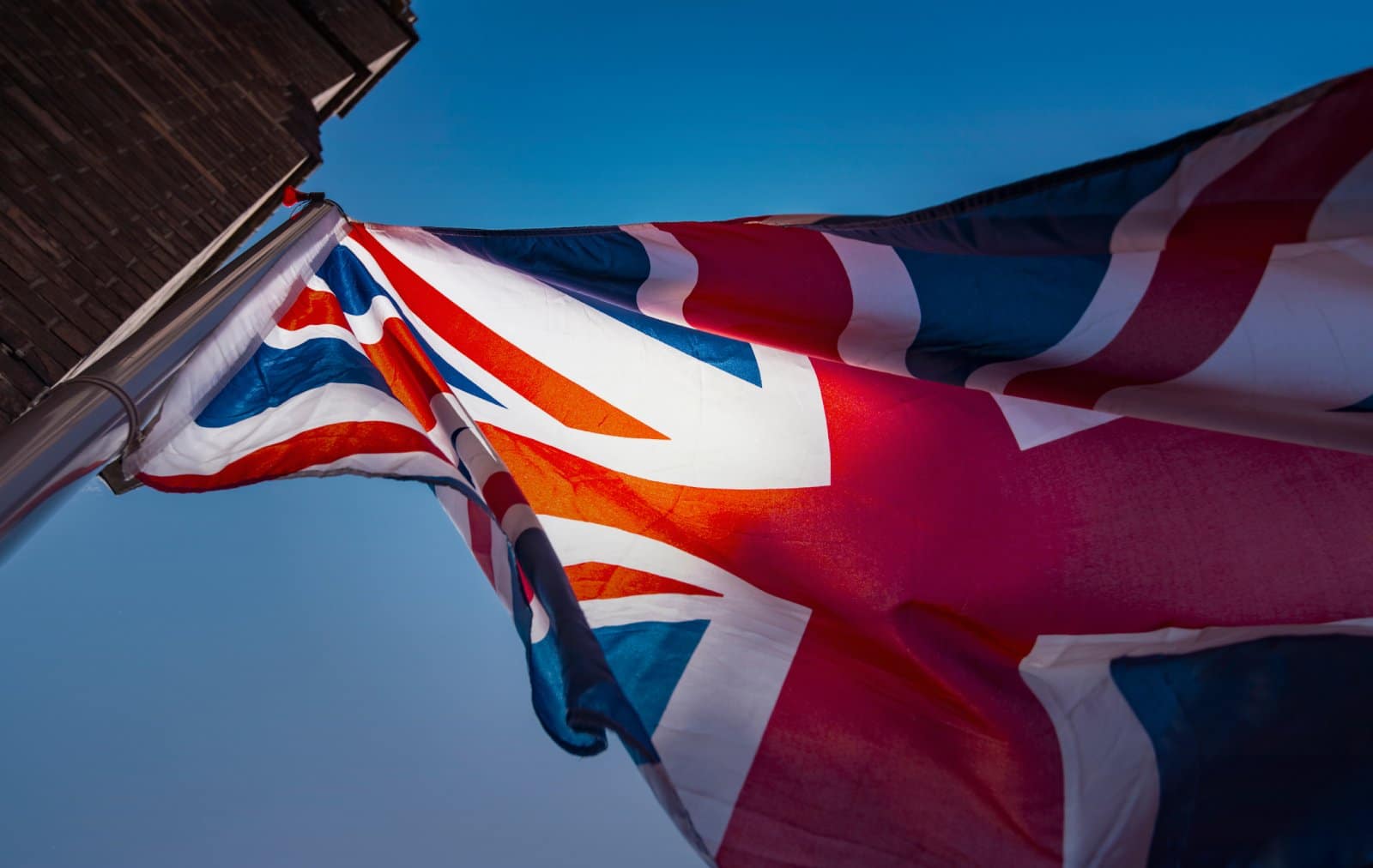
The Union Jack has been emblazoned on everything from fashion to home decor, but outside the UK, it often misses the mark. In some places, it’s seen as a symbol of imperialism rather than cool Britannia. While Brits may love to wave the flag, it hasn’t always been embraced with the same enthusiasm elsewhere.
13. The Labour Party’s Third Way: Not the American Way
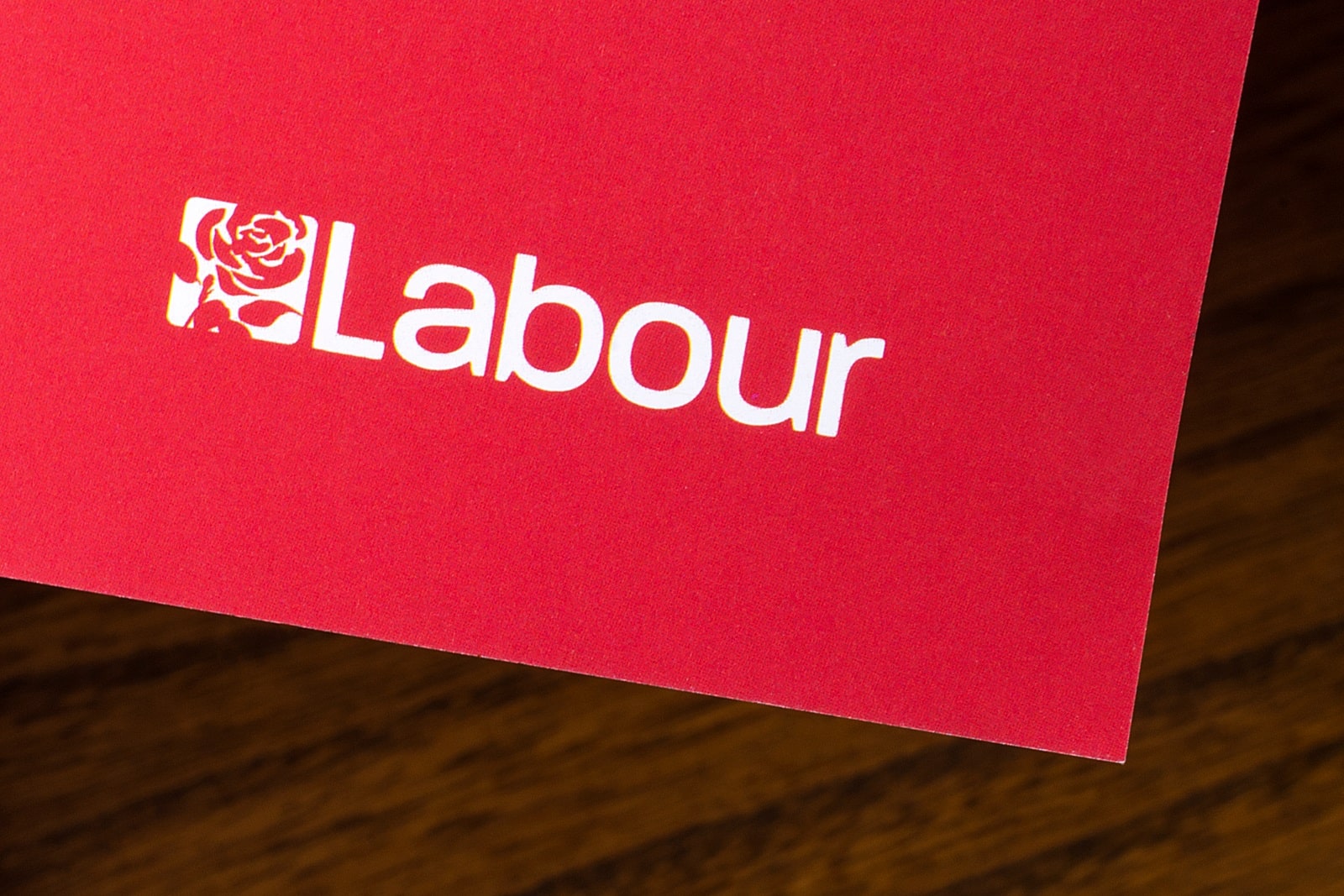
Tony Blair’s Third Way politics, which sought to combine free-market economics with social justice, made waves in Britain but flopped when exported. Attempts to influence American Democrats fell flat, as the U.S. political climate was too different for Blair’s centrist approach. It turns out that what worked for New Labour didn’t catch on across the pond.
14. New Coke (UK’s Influence): A Sugary Disaster
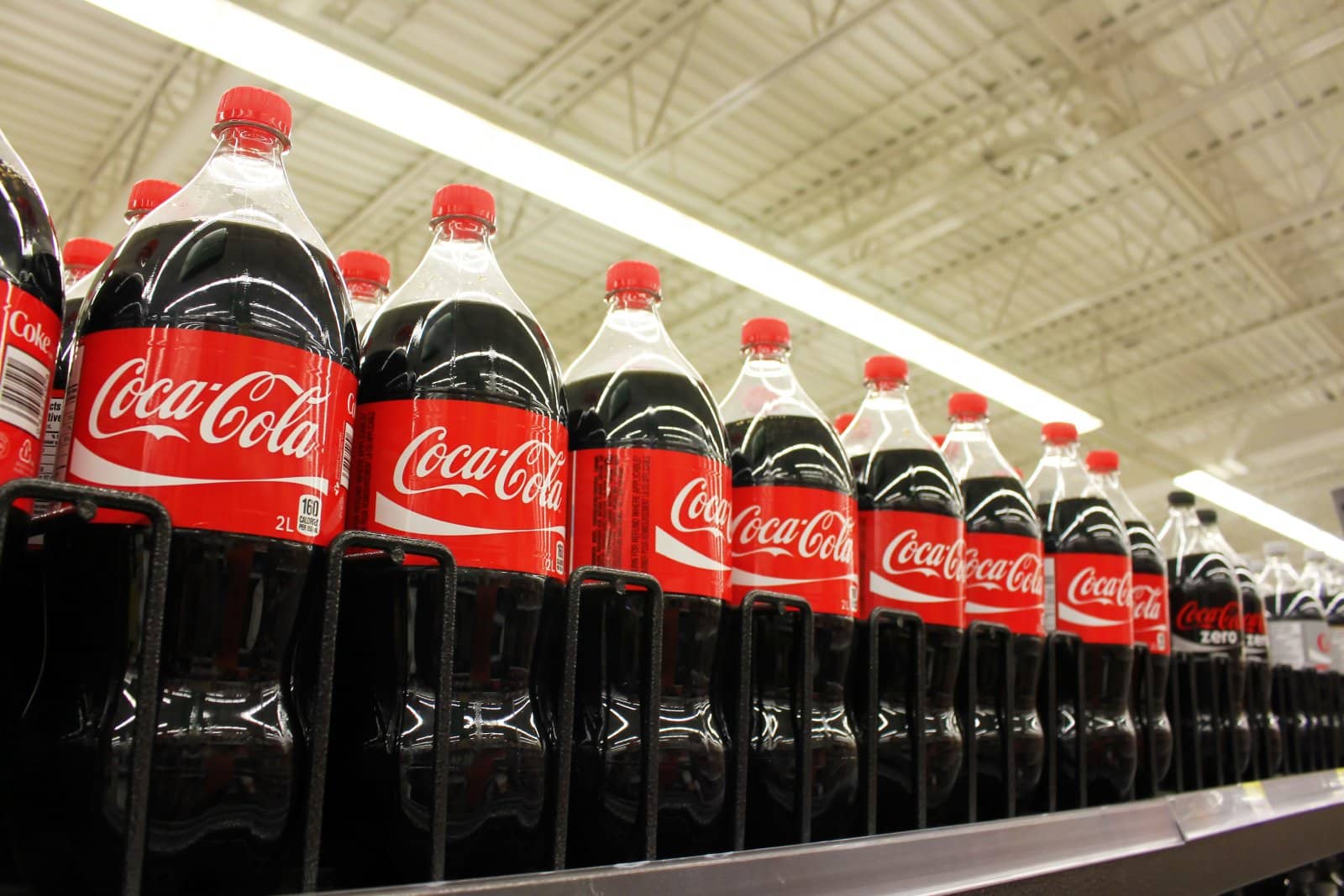
It might be hard to believe, but the disastrous launch of New Coke in the U.S. was influenced by research done in Britain. After taste tests conducted in the UK, Coca-Cola reformulated its iconic drink, which led to one of the biggest product flops in history. American consumers revolted, and the original recipe had to be quickly reinstated.
15. Skins (US Remake): Too Gritty for America

The UK’s Skins was known for its gritty portrayal of teenage life, but when it was remade for U.S. television, it lost all its edge. The American version was toned down and sanitised, stripping away the raw energy that made the original a success. It only lasted one season before being pulled off the air.
16. Alan Partridge: Aha! Or Maybe Not

Alan Partridge is a beloved character in British comedy, but his dry, awkward humour didn’t catch on abroad. Attempts to introduce him to international audiences fell flat, with many viewers failing to understand his appeal. Partridge’s uniquely British cringe-comedy didn’t translate well to foreign markets.
17. The British Curriculum: Teaching the World, But Not Always Welcome
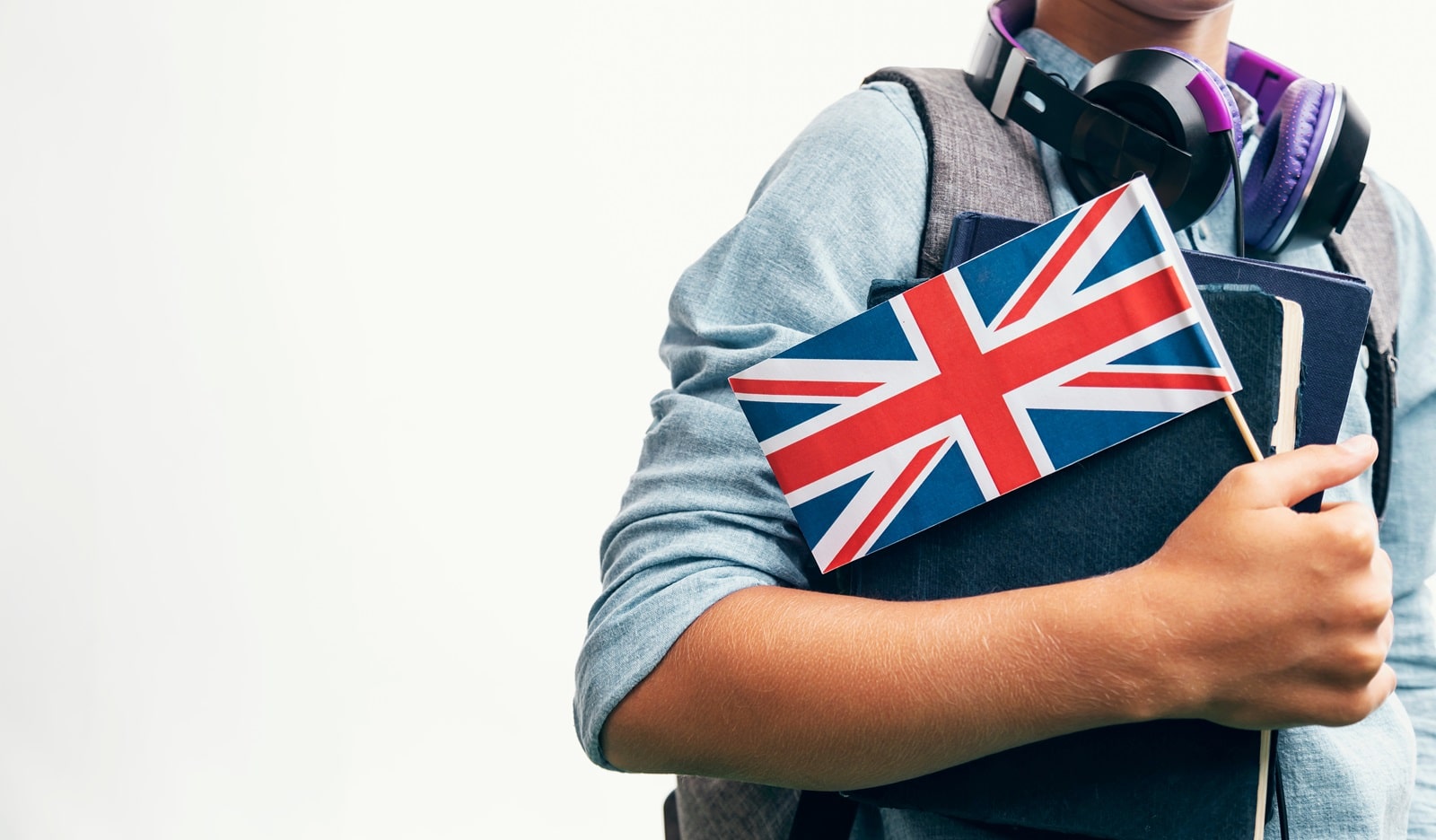
Britain’s educational curriculum has been adopted by some schools worldwide, but not always with success. The emphasis on rote learning, exams, and British history doesn’t resonate in every country. While British schools excel at home, the curriculum can seem out of touch when exported abroad.
18. British Motorcycles: Triumph’s Troubles Abroad
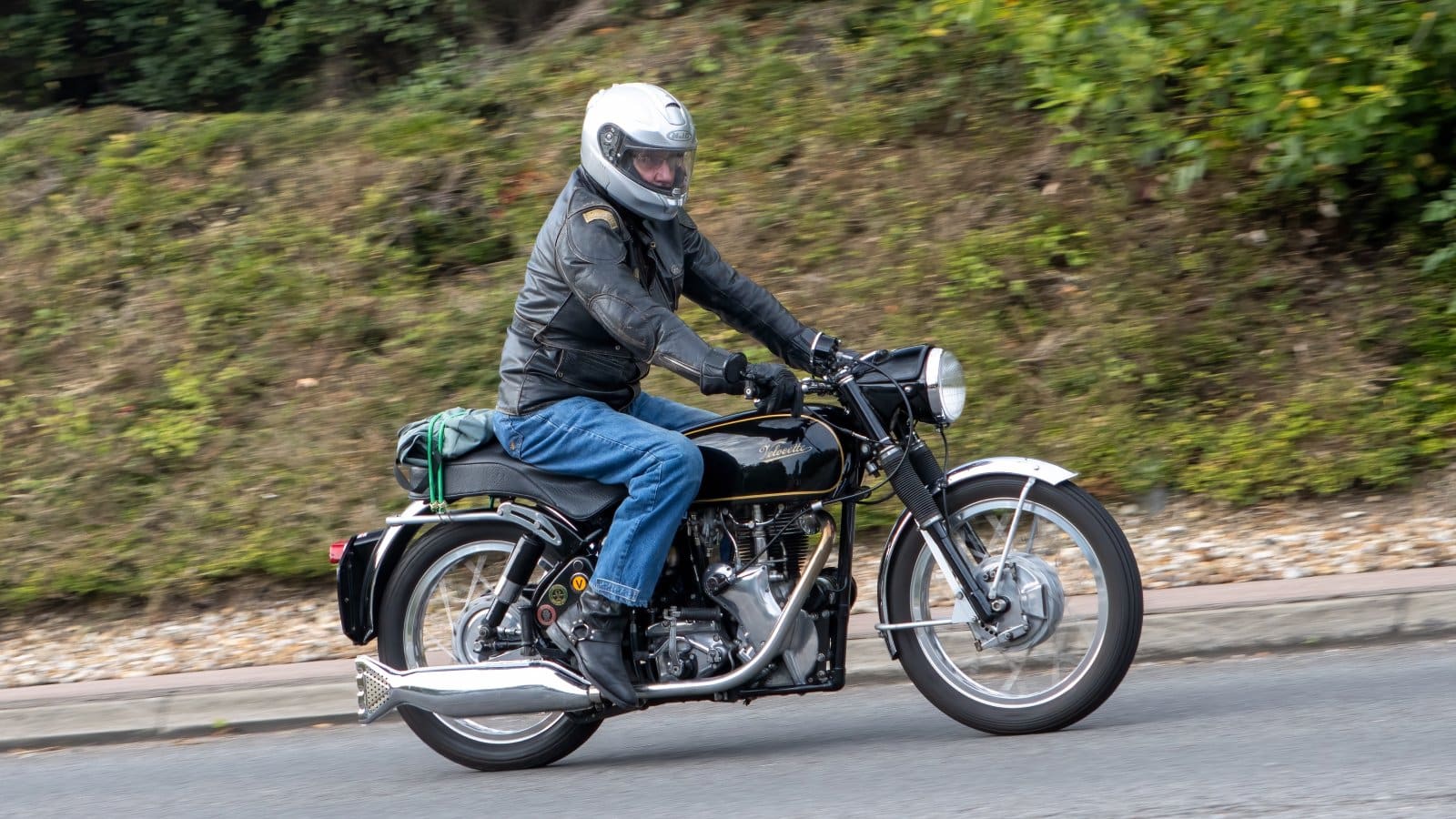
British motorcycle brands like Triumph have a loyal following in the UK, but they’ve struggled to achieve the same success abroad. British bikes have remained niche products in the U.S., where Harley-Davidson reigns supreme. Despite their quality, they just haven’t been able to break into the mainstream market.
19. ITV’s Who Wants to Be a Millionaire? (US Version): Lost the Plot
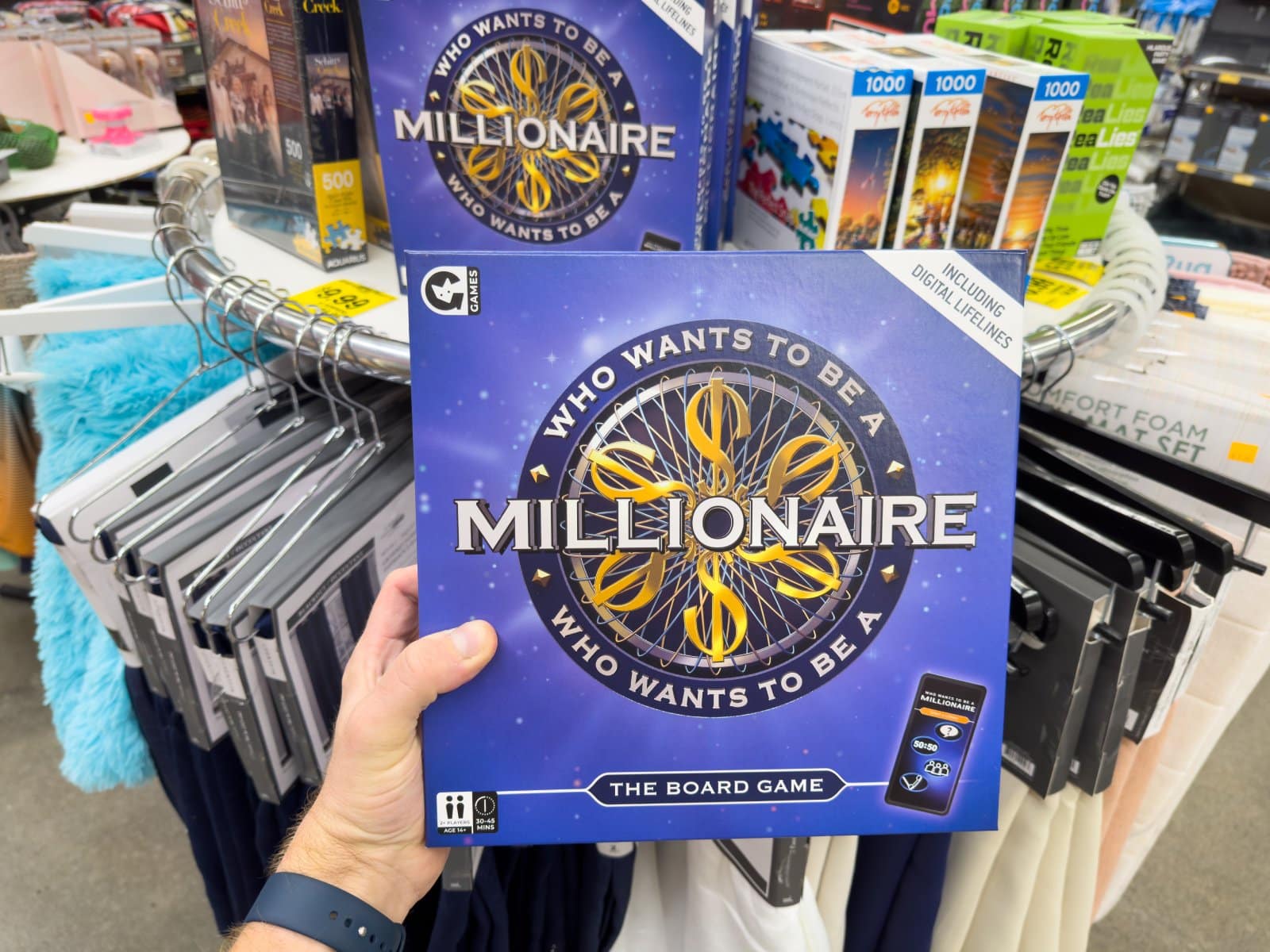
Who Wants to Be a Millionaire? was a groundbreaking hit in the UK, but when the U.S. tried to replicate it, the show’s magic didn’t last. Despite an initial burst of success, the American version struggled to maintain viewer interest and was eventually relegated to a daytime slot. The intensity of the original didn’t quite carry over to the States.
20. New Labour’s Public-Private Partnerships: Unpopular Abroad
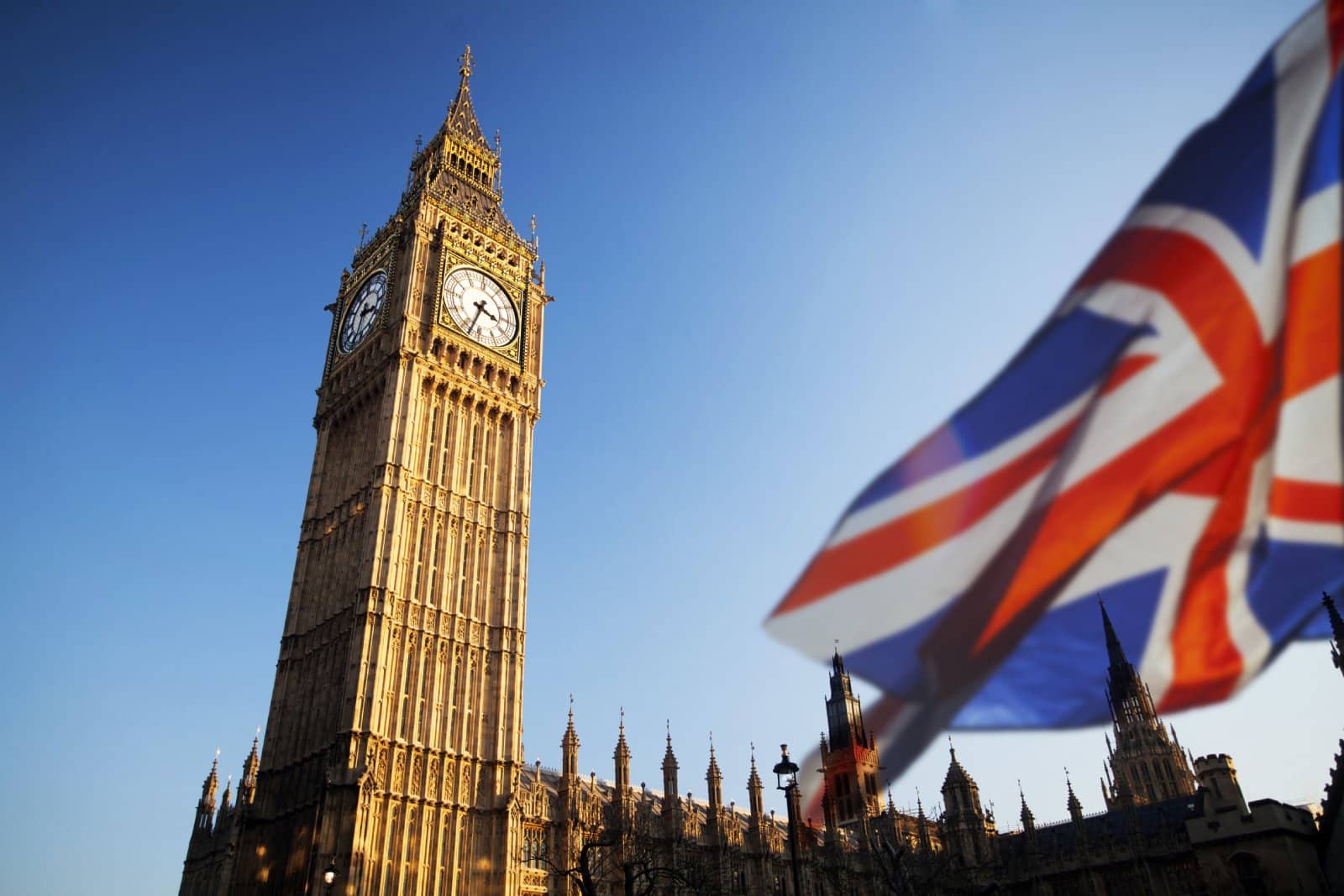
The New Labour government’s enthusiasm for public-private partnerships (PPPs) was not widely embraced abroad. These schemes, which mixed public funds with private business interests, faced criticism for prioritising profit over public services. While PPPs took off in Britain, other countries were far more sceptical of their benefits.
21. Premier League Abroad: Football’s Mixed Reception
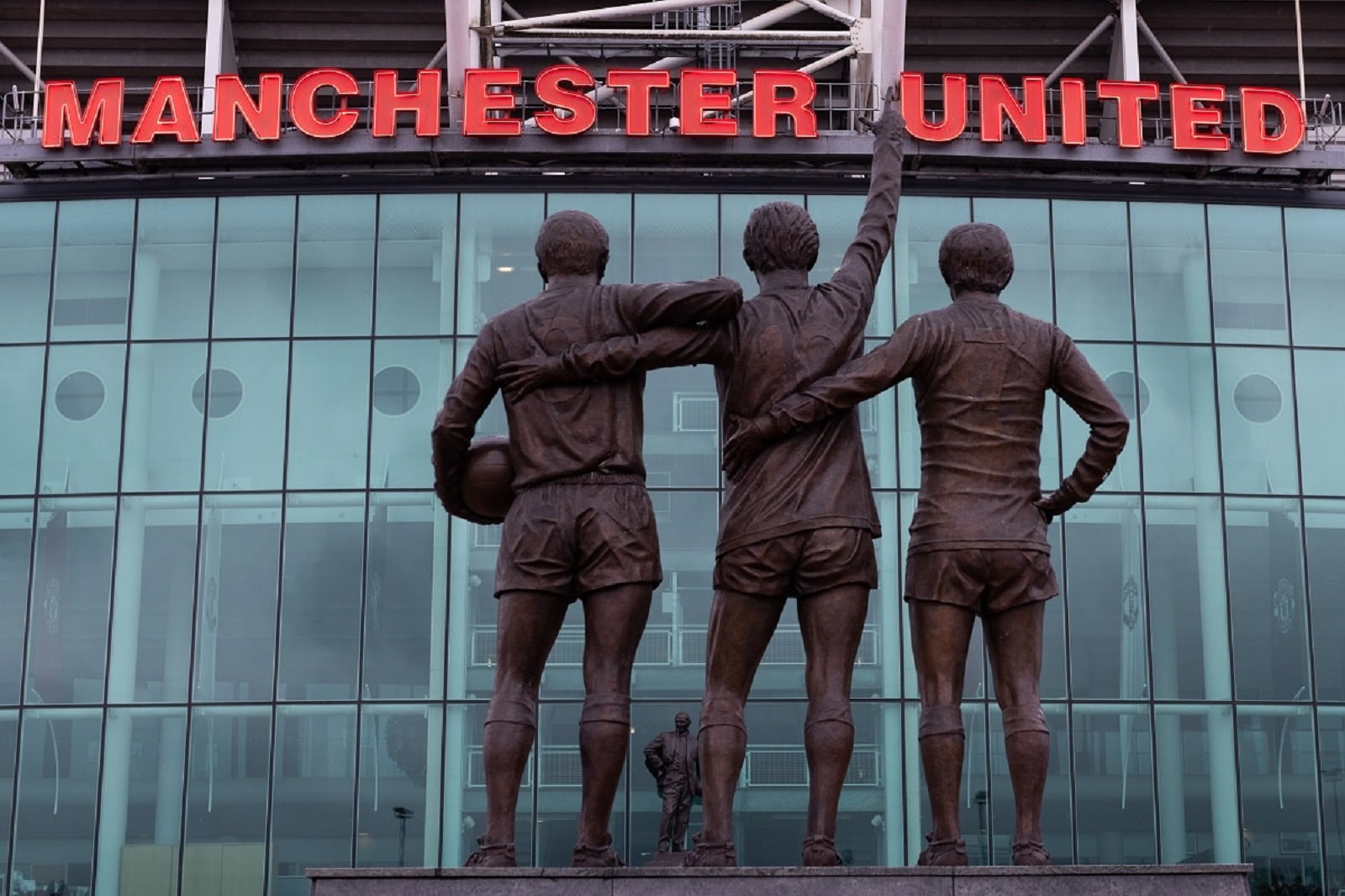
While the Premier League is the crown jewel of British sport, it hasn’t always succeeded in expanding its audience abroad. In some countries, the passion for local leagues and other sports has kept the Premier League from gaining a strong foothold. Despite efforts to globalise the game, it remains a tough sell in many parts of the world.
Not Every British Invasion Succeeds

From failed TV remakes to product disasters, not every British export hits the mark. While some ideas are beloved at home, they can flop spectacularly abroad. These 21 examples prove that sometimes, what works in the UK just doesn’t translate elsewhere.
Featured Image Credit: Shutterstock / chrisdorney.
For transparency, this content was partly developed with AI assistance and carefully curated by an experienced editor to be informative and ensure accuracy.
The images used are for illustrative purposes only and may not represent the actual people or places mentioned in the article.

